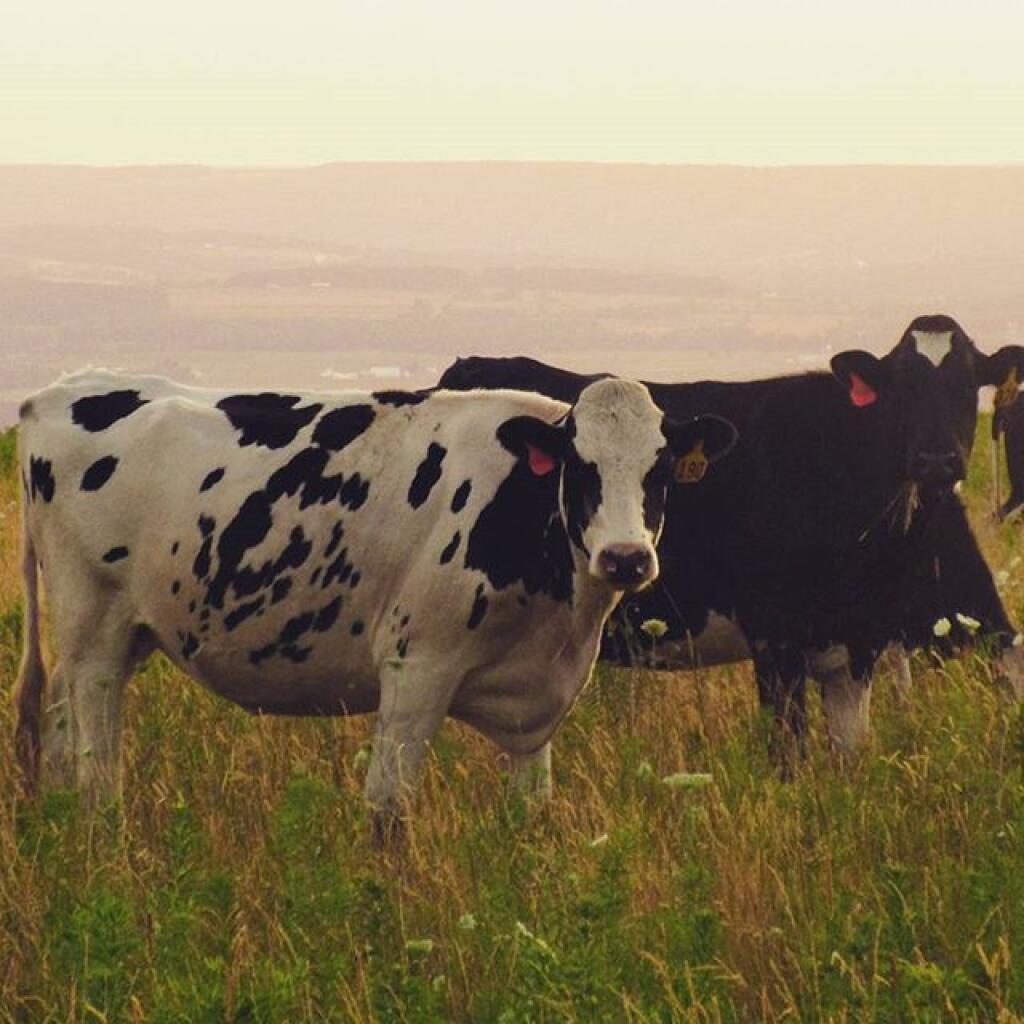The Twentieth Century is here, bellowing like a bull; but in quieter coves, families still make do with what they have—or do without. It’s a big country, ours is. – Foxfire Book, Volume 1 Pg 134
Reading
The Foxfire Series Of Survival Books – NAGUAL
Back in the 70's, when I was in High School and read my first Castaneda book, I was also reading the "Foxfire" books on survival, as it was the hip thing to do if you were an aspiring teenage backpacker in the mid 70s. There is something in those books in the way of attitude, which I would identify as the "warrior's way." It seemed to mesh very well with understanding Don Juan. I think the coincidence of reading these books at the same time as Castaneda's, made me approach it in a more sober fashion somehow, it was definitely a bit of luck, so that is why I'm including a link to them here. (The Foxfire books don't have anything to do with this militia site the PDF's are on, and I'm not sure if it is legit for them to be putting them online, so I would just download them all while you still can.)
NPR
The team will then work with chemists and perfumers to recreate around 120 scents — with the plan to help museums integrate them into exhibits to create an immersive step into history.
"If there's one thing that I hope will come out of this project, it's that the people that we interact with will go away thinking, what are the smells around me every day?" Tullet said. "How can I train my nose a bit better and engage with the smells around me?"
During the Bubonic plague, you might have smelled burning tar or rosemary, which was believed to ward off the disease. As the world faces another global pandemic, our smell-scapes are being changed again, he said.
Scent is precious, and that's even more apparent during the pandemic, he said. One of the symptoms of the coronavirus can be a loss of smell. Once it's gone, many people realize how important it is, he said.
Cows!
Cows! 🐮
I’ve been re-reading Storey’s Guide to Raising Beef Cattle, the book by Heather Smith that is famous for teaching people the basics of the cattle industry.
They say roughly one million households raise cattle in America, it’s hard to go to small town outside of the most rugged mountain country and not see cattle or their distinctive barnyard smell.
Cattle grow in nearly every rural part of America, they need little more than grass or hay, water and salt and some careful care and supervision of their pastures and hay and shelter during the winter months.
Some of the oldest, long rooted families in our country farm, beef and dairy and the crops that support them fill our valleys. One out of four acres are field crops in New York, a number only second to the vast forests that cover our mountains and hill tops.
Cows are living, breathing animals, they can have a wide variety of health problems and conditions. They require a lot of feed and water but fortunately they’re not particularly picky about grass, as long as it’s free of manure and a handful of noxious weeds. They can break down grasses to produce energy to feed their growth.
Cattle have a larger than life impacts on the land and have a defining impact on communities and their identity. It’s always interesting to understand more about the lives of these large animals.
research
Rural Resettlement Administration
I’ve been trying to learn more about the Rural Resettlement Administration. 🚜
Did families benefit from their government resettlement or did they end up suffering over the long term? A lot has been written about the Japanese resettlement in the World War and the Indian Resettlement program to encourage natives to move off reservations in the 1950s but not about the earlier program. That’s why I shared that article earlier about Rexford Tugwell. Didn’t answer my question but still interesting.
Rexford Tugwell
Roosevelt asked Tugwell what post he would like. He replied that he would like to appointed assistant secretary of agriculture under Henry A. Wallace. The authors of American Dreamer: A Life of Henry A. Wallace (2001) has commented: "They presented a rather odd picture together - the dapper Columbia University professor and the tousled Iowa editor - but they made a good team. They were men of ideas and shared a vision of government that was activist and progressive. Wallace knew the practical aspects of American farming in the way a sailor knew the stars. And Tugwell knew Franklin Roosevelt."
On 8th March 1933, Wallace and Tugwell met with Roosevelt and asked him to expand the scope of the special congressional session to include the agricultural crisis as well as the banking emergency. Roosevelt agreed to this suggestion and it was agreed to summon the nation's farm leaders to an "emergency conference" to be held in Washington. Wallace went on national radio and told the country: "Today, in this country, men are fighting to save their homes. That is not just a figure of speech. That is a brutal fact, a bitter commentary on agriculture's twelve years' struggle.... Emergency action is imperative."
After being elected, Roosevelt appointed Tugwell as an assistant secretary to the Agriculture Department. In 1934 he was promoted to under under secretary where he worked closely with Henry Wallace. Roosevelt consulted Tugwell about many aspects of the New Deal and helped to plan the Agricultural Adjustment Act.
